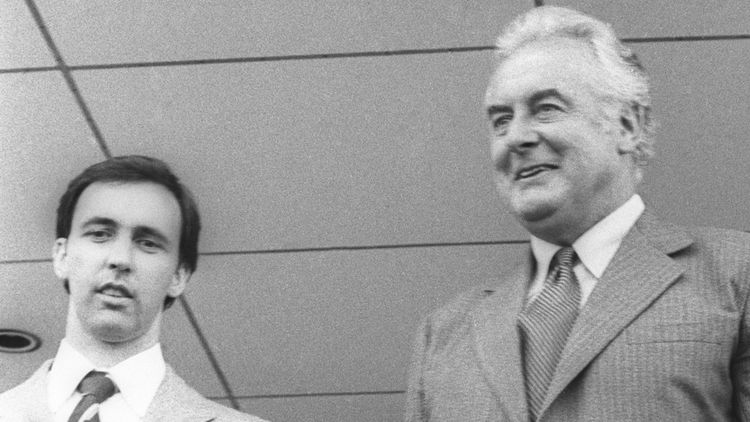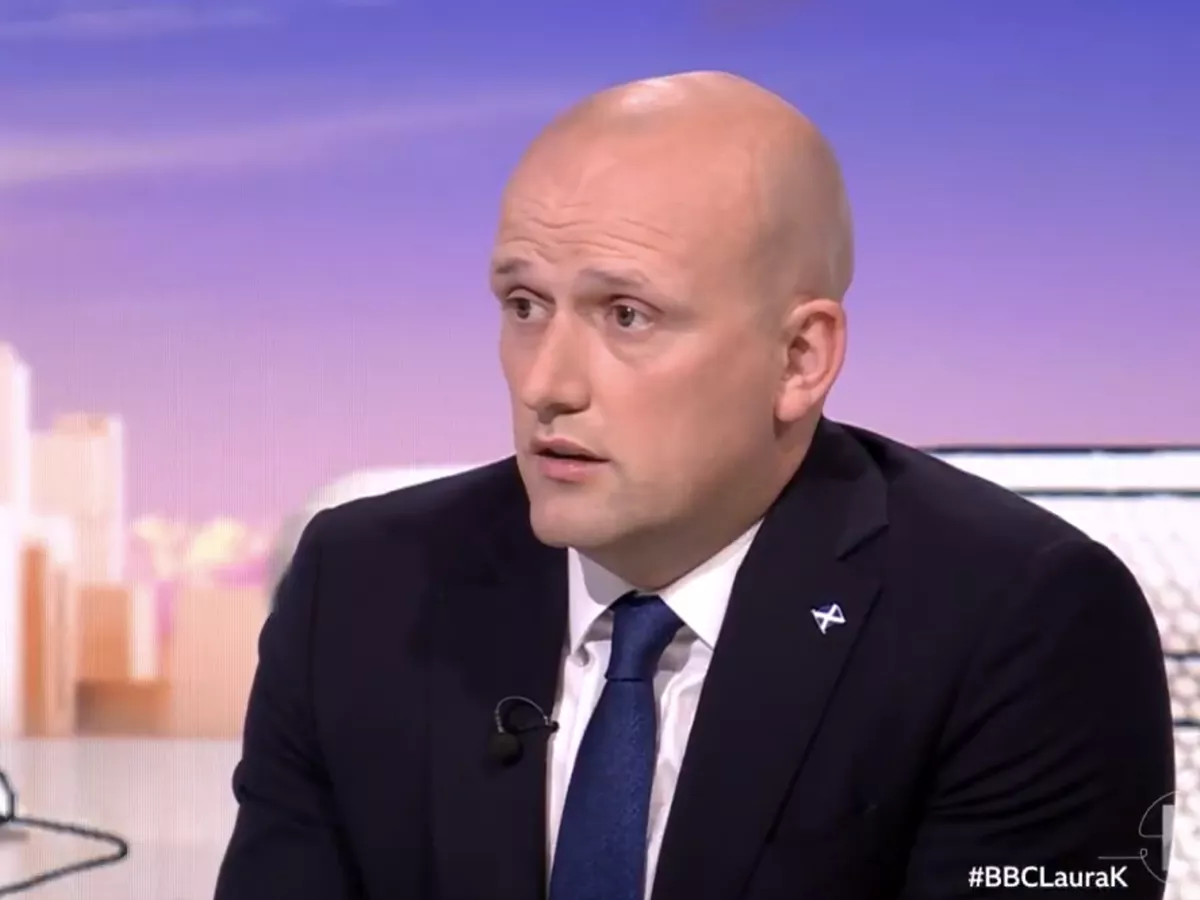Copyright 9news

Former prime minister Paul Keating has revealed he told Gough Whitlam to either sack Sir John Kerr or have the governor-general arrested during the dismissal, a move he admitted could have escalated the crisis into a conflict between the police and armed forces. In an interview released by the Museum of Australian Democracy today to mark the 50th anniversary of Whitlam's dismissal in 1975, Keating said he put the advice to the then-prime minister in the immediate aftermath of being sacked by Kerr. "I said, 'Kerr has expropriated the… queenly powers of the monarch'," Keating said. READ MORE: Aussies warned to avoid tourist destination where they risk being 'shot, killed' "'He may have done it with the monarch's knowledge, but he may not have done it. "'I think you're entitled to say to the Queen that you recommend the appointment of a different governor-general' ... while this problem was not of the Queen's making, it was of the Queen's need to resolve it. "So my proposition was that Gough should ask the Queen to accept his advice about the appointment of a new governor-general, and in the event that Kerr resisted, I said to Gough I thought he should be put under police arrest." Keating, who went on to serve as prime minister from 1991-1996, conceded that course of action could have put the police at odds with the Australian Defence Force. "I said, 'The only thing you'd have to be sure about, Gough is, of course, Kerr is technically the commander-in-chief of the soldiers'," he said. "'Do not end up in a fight with the police.' "In other words, you'd have to have the soldiers with you for this to happen… "That's what I certainly would have done if I'd have been prime minister." READ MORE: 'Deeply troubling': Author's dogged pursuit of the truth 50 years after Whitlam dismissal He added that Whitlam would then have to call an election. The future treasurer and prime minister was the most junior member of Whitlam's front bench at the time, having been appointed minister for northern Australia just three weeks earlier. He said Whitlam was "a bit shocked" by his advice, and didn't give it much consideration. "He said, 'Thank you, you know-all, for that advice'," Keating recalled. "He wasn't of a mind to take the advice. He was a constitutionalist, Gough, he wasn't into blood and gore." READ MORE: Unlikeliest figure appears during Australia's gravest political crisis Half a century after the controversial dismissal, debate continues over Kerr's decision to sack the Whitlam government, after the Coalition, led by then-opposition leader Malcolm Fraser, blocked supply in the Senate for weeks and demanded a fresh election. It remains the first and only time an Australian government has been dismissed. Speaking to ABC radio this morning, Keating's successor as prime minister, John Howard – who was given his first cabinet position by Fraser following the dismissal – said Kerr had been left with no choice but to sack Whitlam. "Kerr… was the meat in the sandwich between two very powerful, determined men who each behaved in their own way in a very ruthless pack," he said. "I felt that the action Kerr took was the only one that could have resolved the situation, absent either Fraser backing down in blocking supply or Whitlam advising a general election for both houses of parliament." READ MORE: Jury still out on deposit scheme stoking rise in property prices However, current Prime Minister Anthony Albanese – who announced the government will commission a new statue of Whitlam to mark 50 years since the dismissal – gave a scathing appraisal of Kerr in a speech last night. "Make no mistake: November 11th, 1975, was not a 'constitutional crisis' - it was a partisan political ambush," he said. "There was no real precedent – and no legitimate pretext. "The opposition orchestrated a parliamentary gridlock over the budget and then secretly prevailed upon the governor-general to break it by sacking the prime minister… "But in truth, the opposition had preyed upon Sir John Kerr's desire to be at the centre of events." Keating, for his part, was even blunter. "In every respect, it was a coup. A coup by an individual," he said. DOWNLOAD THE 9NEWS APP: Stay across all the latest in breaking news, sport, politics and the weather via our news app and get notifications sent straight to your smartphone. Available on the Apple App Store and Google Play.



